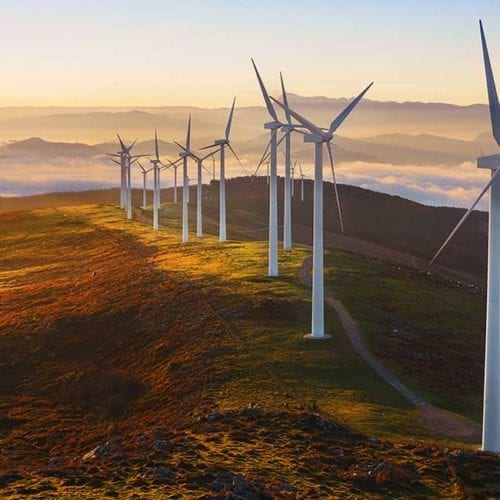
Amory Lovins

Reinventing Fire
Built on 30 years of practice, Reinventing Fire roadmaps how to run a 158%-bigger US economy in 2050 needing no oil, coal, or nuclear energy — $5 trillion cheaper.

The Iranian Window of Opportunity
Iran’s Invisible Opportunity for Energy and Security: Modern energy investments could sideline nuclear ambiguity. Amory Lovins’s novel essay explains how helping and encouraging Iran to do what its key officials already want—harness its world-class resources of energy efficiency and renewables—could strengthen Iran’s economy, security, global integration, political evolution, and international…

Iran’s Invisible Opportunity for Energy and Security: Modern energy investments could sideline nuclear ambiguity
Amory Lovins’s novel essay explains how helping and encouraging Iran to do what its key officials already want—harness its world-class resources of energy efficiency and renewables—could strengthen Iran’s economy, security, global integration, political evolution, and international standing without compromising others’ similar goals. Using the next 10–15+ years’ severe restrictions on…

Energy Efficiency: The Rest of the Iceberg
In 2014, Shell commissioned Amory Lovins to write a paper for its book “The Colors of Energy” [www.shell.com/colours] commemorating the centenary of Shell’s Amsterdam Technical Centre, then to present its thesis at the ceremony, where it was warmly received. Its thesis: energy efficiency is a huge, cheap, often expanding-returns, and…

Oil-Free Transportation
For the 2014 annual conference of the American Institute of Physics (AIP), Amory Lovins wrote a condensed, technical summary on Oil-Free Transportation.